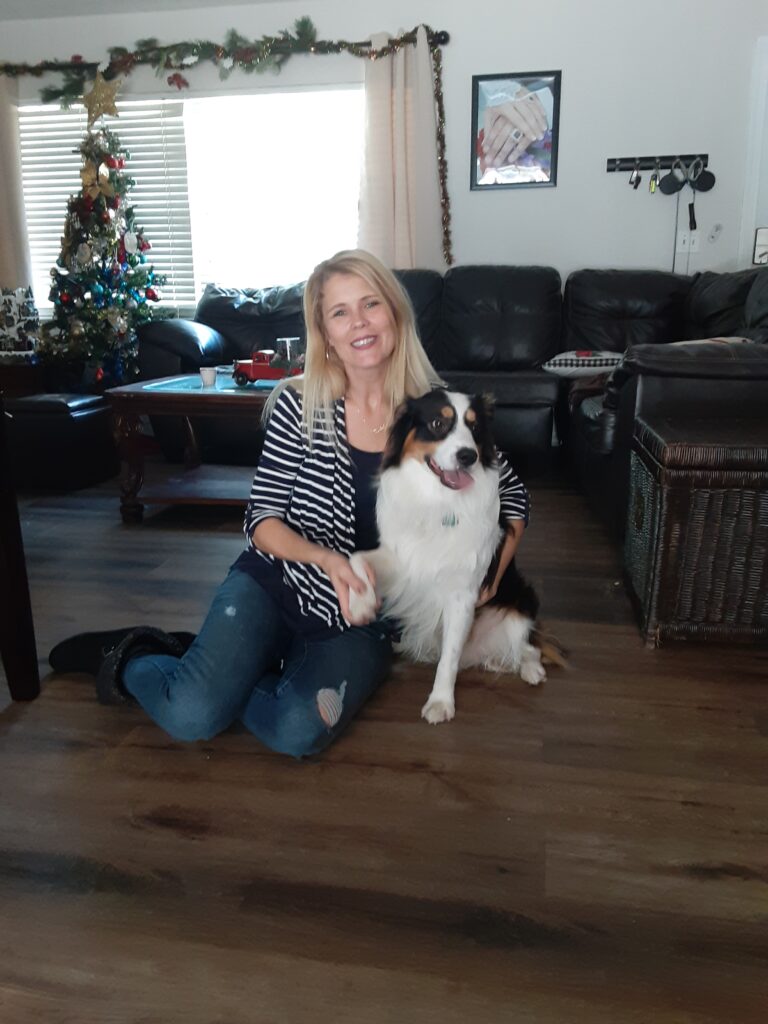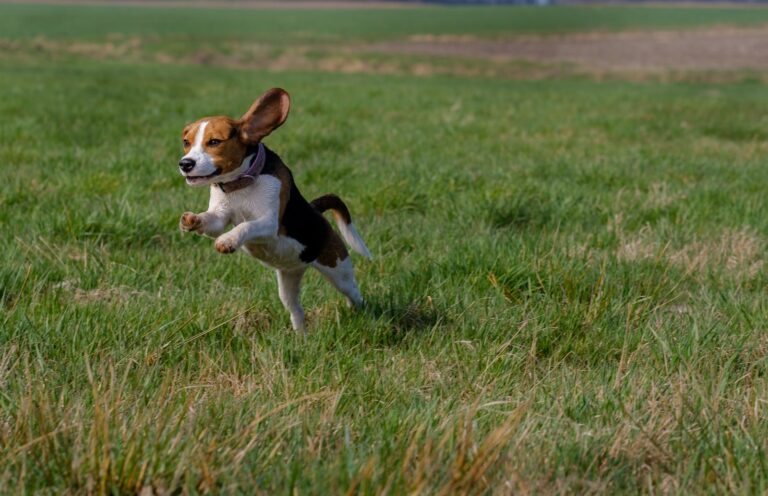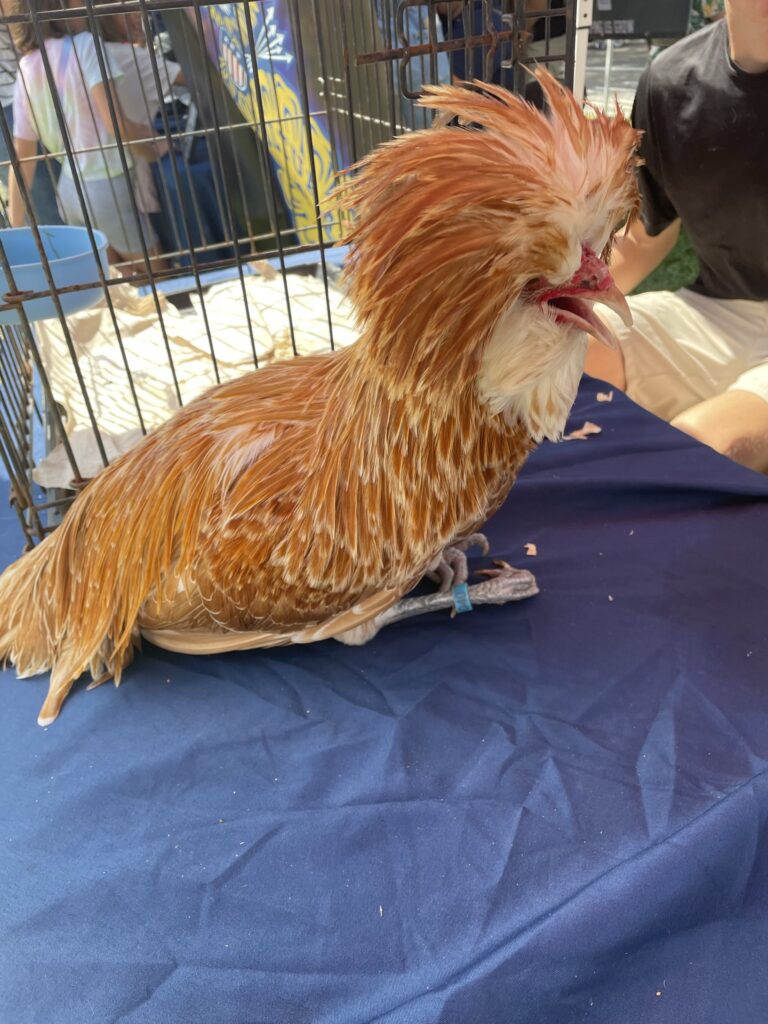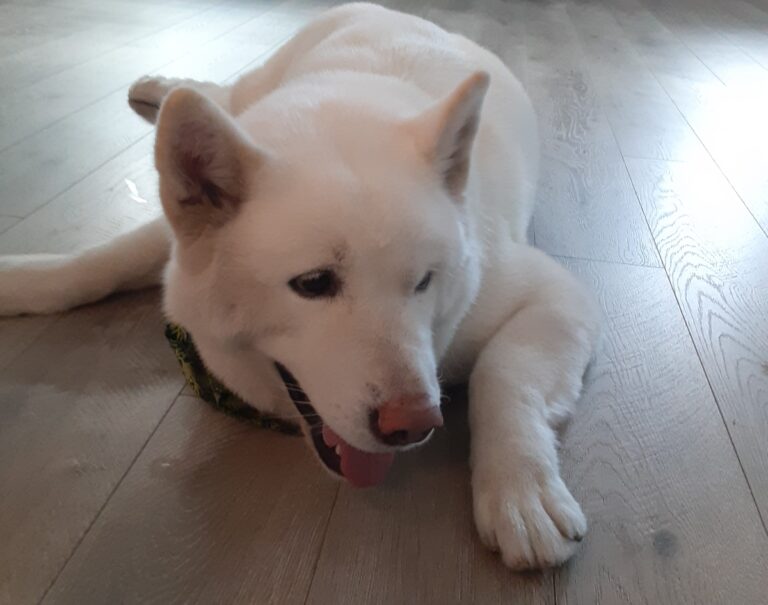A Guide to Responsible Pig Ownership: Considerations and Commitments
You have likely encountered them at fairs, local events, or perhaps even in the company of farmers—those adorable little piglets that seem almost too cute to be real. Some people walk them on leashes, treating them much like beloved dogs, while others set up petting zoos, inviting eager hands to touch their soft, pink snouts. There is no denying the charm of these pint-sized piggies; they exude friendliness and an almost irresistible appeal. Yet, behind their undeniable cuteness lies an essential question: Is it a wise decision to bring one into your home as a pet? Despite what you might have heard, there is a crucial truth to consider – there are no genuinely miniature pigs.

Buying a piglet as a pet is a decision that requires careful consideration. While some people do choose to keep pigs as pets, there are several important factors to keep in mind:
Piglets are undeniably enchanting when they’re in their infancy, their tiny frames and playful antics captivating hearts wherever they go. However, it’s essential to realize that these diminutive piglets grow into much larger animals as time passes. Even those commonly referred to as “miniature” or “teacup” pigs are not exempt from this reality. Despite the misleading names, most pig breeds, including those touted as miniatures, can eventually reach sizes that might surprise their unsuspecting owners. These “small” pigs can grow to weigh anywhere from 100 to 300 pounds or even more, depending on their genetics and care. That’s a far cry from the initial image of a tiny piglet that can comfortably fit in your arms. Understanding the potential size of a pig is paramount before making the decision to bring one into your home. This realization underscores the importance of being prepared for a long-term commitment to caring for a large animal. The adorable piglet you fall in love with will transform over time into a substantial companion, requiring a considerable amount of space, resources, and attention.

It is not just about accommodating their size; it’s about embracing the responsibility of caring for an animal that will grow in both physical stature and emotional complexity. While the allure of a petite piglet is undeniable, it’s crucial to remember that their journey from infancy to adulthood is one that requires careful consideration and a commitment to providing for their evolving needs.
Lifespan: When considering the prospect of owning a pig, it is essential to recognize that these animals come with a substantial and long-lasting commitment. Pigs have a remarkable capacity for longevity, often living for 15 years or more when cared for properly. This means that choosing to bring a pig into your life is akin to embarking on a journey of companionship and responsibility that rivals the commitment of owning a dog or cat. Much like dogs and cats, pigs develop strong bonds with their human caregivers. They form intricate relationships, displaying affection, loyalty, and even a sense of dependency on the care and attention they receive. As a result, owning a pig is not a casual undertaking; it’s a profound responsibility that requires a genuine dedication to their well-being. Throughout the years, your pig will rely on you for not just food and shelter, but also for companionship, mental stimulation, and medical care. You will need to provide them with a secure and appropriate living environment that suits their size and needs. Regular veterinary check-ups, vaccinations, and preventative health measures are vital to ensure their longevity.

Moreover, pigs have unique behavioral and dietary requirements that demand your understanding and attention. Their nutritional needs must be met with care, and they thrive when offered opportunities for mental stimulation and physical exercise. The longevity of a pig’s life also means that you will be with them through various life stages, each with its challenges and rewards. You will witness their growth from a tiny piglet to a full-sized adult, and you’ll need to adapt to their changing needs over time.
Housing: Providing appropriate housing for pigs is an essential aspect of responsible pig ownership. These animals, which grow to considerable sizes, cannot reside indoors permanently due to their size and specific needs. Therefore, establishing suitable outdoor housing becomes crucial, requiring meticulous planning and attention to detail. This outdoor space should be securely fenced to prevent wandering and protect from potential dangers. A robust fence, ideally constructed from wood or hog panels and partially buried to deter digging, should be in place. Additionally, a well-constructed shelter within this space is imperative to shield pigs from extreme weather conditions, offering shade from the sun and insulation against the cold. Adequate ventilation within the shelter regulates temperature and moisture, while bedding materials like straw or wood shavings provide comfort. Maintaining cleanliness through waste management practices is also essential. Moreover, enrichment items, such as toys, should be introduced to prevent boredom and encourage mental stimulation. Ensuring the security of the outdoor area against both escape and predators contributes to a safe and nurturing environment for these intelligent animals.
Social Needs: Pigs are inherently social creatures, and their well-being is closely tied to their need for companionship and social interaction. These highly intelligent animals form intricate bonds with their fellow pigs and other animal companions. When kept alone, pigs can experience feelings of loneliness, boredom, and even stress, which can have adverse effects on their mental and emotional health. To ensure the mental well-being of pigs, it is often recommended to provide them with the company of other pigs or compatible animals. Pigs thrive when they have the opportunity to engage in natural social behaviors, such as grooming, playing, and exploring together. The presence of a companion can offer comfort, emotional support, and a sense of security. However, when introducing new pigs or animals into a group, it is crucial to follow proper socialization procedures and ensure compatibility to prevent conflicts or aggression. Additionally, consider the living space and resources available to accommodate multiple animals comfortably. For those who cannot provide a second pig, offering social interaction through regular human contact and enrichment activities is also essential. Spending quality time with your pig, providing mental stimulation through toys and activities, and engaging in training exercises can help address their social and cognitive needs
Diet and Nutrition: Pigs possess unique dietary requirements that necessitate careful consideration. While they share some dietary elements with common pets like dogs and cats, it’s vital to recognize that pigs have distinct nutritional needs. Relying solely on dog or cat food can be detrimental to their well-being, as these formulations cater to different species and might lack crucial nutrients. To guarantee a well-rounded diet, it’s essential to consult with a veterinarian specializing in pig or exotic animal care. They can provide expert guidance, crafting a diet plan tailored to your pig’s age, size, and activity level. A balanced pig diet usually comprises high-quality pig pellets, fresh fruits and vegetables (safe varieties), hay or forage for fiber, protein sources like legumes and eggs, and any necessary supplements. Regular consultations with your vet are indispensable to adjust the diet as your pig grows and ensure their optimal health. Accurate portioning and a balanced diet are paramount, as overfeeding or underfeeding can lead to health complications.
Healthcare: Caring for pigs involves more than just providing food and shelter; it also entails a commitment to their health and well-being, which necessitates regular veterinary care. Just like any other pet, pigs require routine check-ups and vaccinations to maintain their health and prevent the onset of diseases. These vaccinations can vary based on the pig’s age, geographical location, and individual health needs, so consulting with a knowledgeable veterinarian specializing in pig care is crucial to establish a suitable vaccination schedule. Additionally, pig owners should be prepared for specific health challenges that these animals may face. Pigs are prone to certain medical conditions, such as respiratory issues, skin problems, and obesity. Regular veterinary visits can help identify and address these concerns early, improving the chances of successful treatment. One essential aspect of pig care is hoof trimming. Pigs have a tendency to develop overgrown hooves, which can lead to discomfort, mobility issues, and even lameness if left unattended. Regular hoof trimming by a trained professional or under veterinary guidance is vital to ensure that your pig’s feet remain healthy and functional. It’s important to acknowledge that providing proper veterinary care for pigs can incur medical expenses. Budgeting for routine check-ups, vaccinations, and potential treatments is essential for responsible pig ownership. Owners should also consider setting aside emergency funds for unexpected health issues that may arise.

Training and Behavior: Pigs, often regarded as some of the most intelligent animals on the planet, possess cognitive abilities that rival those of dogs and even some primates. Their capacity to learn, problem-solve, and adapt to various situations is nothing short of remarkable. However, this high level of intelligence can sometimes manifest as stubbornness when it comes to training, making the process both challenging and rewarding. Training pigs is a multifaceted endeavor that necessitates a great deal of time, patience, and understanding. One of the fundamental aspects of pig training is recognizing that each pig has its own distinct personality, quirks, and learning pace. While some pigs may readily embrace training and eagerly respond to commands, others may be more cautious or hesitant, requiring additional time to build trust and confidence in their human trainers. Patience becomes an invaluable virtue during pig training. Pigs can be inherently curious and cautious animals, often needing extra reassurance and positive reinforcement to feel comfortable with new tasks or situations. Unlike some other animals that may respond immediately to commands, pigs may take a bit longer to grasp what’s expected of them. Consistency in training methods and cues is essential, as pigs can become confused by mixed signals. Positive reinforcement techniques are typically the most effective means of training pigs. This approach involves rewarding desired behaviors with treats, praise, or affection, creating a positive association that encourages the pig to repeat the behavior. Given that pigs are highly food-motivated, treats can serve as potent incentives during training. However, moderation is key, as overindulgence can lead to health issues. Training a pig goes beyond the basics of commands and obedience; it extends to socialization and behavioral skills. Pigs benefit greatly from exposure to diverse environments, people, and animals. Socialization helps reduce stubborn tendencies and fosters adaptability, as pigs learn to navigate various situations with confidence. Despite the initial challenges, the bond that forms between a pig and its owner through training is profoundly rewarding. With time and effort, pigs can become affectionate and responsive companions, capable of learning an impressive array of tricks and commands. The journey of training a pig is not just about teaching them but also about building a unique connection based on trust and cooperation.
Legal and Zoning Issues: Check local ordinances and zoning laws to ensure that you are allowed to keep a pig as a pet in your area. Some places have restrictions or prohibitions on pig ownership.
Be aware that some people may be allergic to pigs or develop allergies over time.
Owning a pig is a commitment that lasts for many years. Be sure you are ready for this level of responsibility.
In the pursuit of sharing our lives with these endearing and intelligent creatures, we embark on a journey filled with the promise of companionship and affection. Indeed, some individuals have successfully forged deeply rewarding bonds with pet pigs, celebrating their unique personalities and captivating quirks. Yet, it’s imperative to remember that this endeavor isn’t to be taken lightly; it is a voyage that calls for unwavering dedication, careful consideration, and meticulous planning.
As we contemplate the prospect of adding a piglet to our household, we must be prepared to embrace the enduring commitment that comes with their presence. Their innate intelligence, individual needs, and remarkable capacity for forming connections necessitate a thorough understanding of pig care. It is not merely about providing food and shelter but about nurturing an environment where these animals can flourish physically and emotionally.

In this endeavor, consultation with experts is not just beneficial; it is indispensable. Veterinary professionals who specialize in exotic pets are invaluable allies, offering guidance on nutrition, healthcare, and behavioral needs. Their insights can help us create a harmonious and enriching environment that allows our pig companions to thrive.
So, as we contemplate the delightful prospect of pig ownership, let us do so with open hearts and informed minds. Let us embrace the adventure with the awareness that it is a journey filled with learning, growth, and the profound joy of sharing our lives with these exceptional animals. With the right preparation and a commitment to providing the care and love that pigs deserve, we can create a bond that is as enduring as it is extraordinary.






